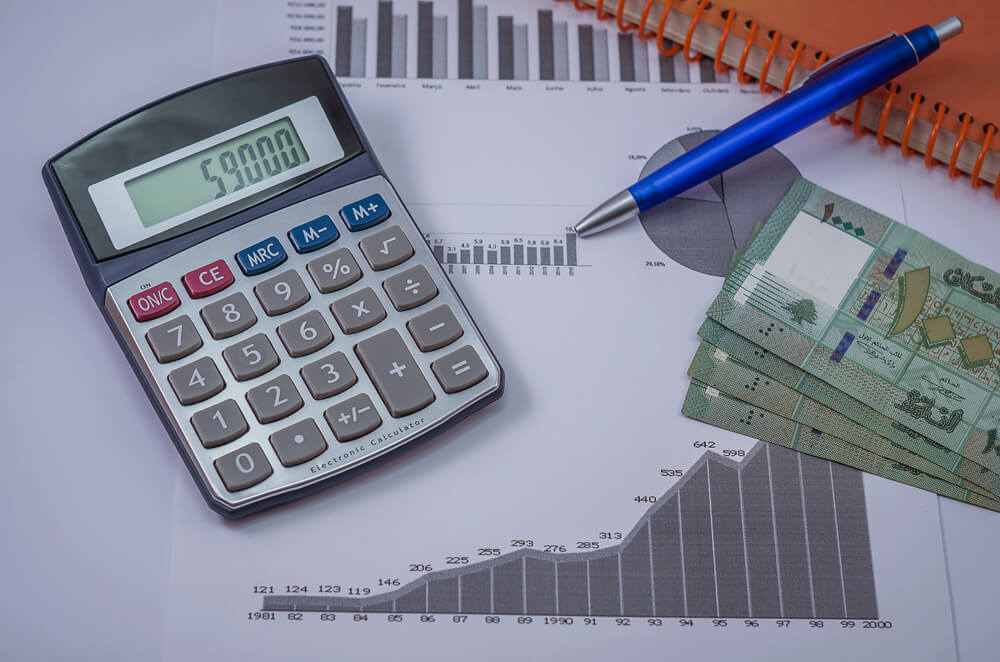It is the first day for the first deputy governor of the Central Bank of Lebanon, Wassim Mansouri, in his new assignment following the end of Riad Salameh’s term and failure of political parties to appoint a replacement.
Lebanese are in a state of anticipation fearing a greater collapse of the Lira exchange rate, which has lost 98% of its value, compounded by the decision to stop receiving applications on the “Exchange” platform, which was launched by the Central Bank of Lebanon in May 2021.
However, some believe that the collapse is currently unlikely given that the Central Bank of Lebanon took a series of measures that led to drying up the market from the Lira monetary mass, which currently stands at about 60 trillion Liras from 80 trillion in March 2023 and about 130 trillion Liras in March 2022. Also helping stave off the collapse is the fact that a large supply of dollars in the market as a result of the tourism season.
But doubt remains that this will remain the case in the upcoming period.
The dollar rose on Monday morning in the Lebanese market against the black market Lira, following expectations of a collapse of the local currency. This was seen by observers as proof that currency speculators are still ready and will be active in the post-Salameh period.
In the evening, the exchange rate of the dollar on the black market recorded a rate between 89,100 and 89,400 Lebanese Liras to the dollar, after ranging in the morning between 88,800 and 89,300.
Read: Curtain falls today on Lebanon Central Bank governor’s rule lasting 3 decades
Financial sources told Economy Middle East that the situation will be difficult, especially since it may not be easy for MPs to agree on adopting a unified monetary policy.
After his press conference in the morning, Mansouri joined the Cabinet meeting in the afternoon and asked the conclave to secure legislative and legal coverage for him via the government and Parliament to use mandatory reserves.
In his press conference, Mansouri said, “We are looking at a short transitional period that allows the financing of the state under a law, and legislation for disbursing mandatory employment salaries from the Central Bank of Lebanon which must be conditional on the return of funds, and the legislation must be for a specific and conditional period, and the law will allow the payment of salaries in dollars according to the banking platform ‘sayrafa’.”
For its part, the caretaker government has prepared an expedited draft law to authorize it to borrow a specific amount from the Central Bank and for a limited period, with effective control over the government’s relationship with the Central Bank while establishing transparency related to disbursement by the government and the return of borrowed funds, be it from state revenues that the government is working to increase or through central bank intervention in market buying and selling of foreign currencies in accordance with Articles 75 and 83 of the Monetary and Credit Law, provided that the use of the loan coincides with the adoption of law reforms, especially “Capital Control”, but also financial rebalancing, restructuring banks and approving the state budget, provided that the government refers this project to Parliament for approval, and the government informing the Parliament on a monthly basis of the details of loan spending.
Lebanon has since 2020 been recording hyperinflation due to a severe economic crisis that hit the Lebanese Lira against the dollar.
Lebanon’s inflation rate stood at 171 percent by the end of 2022, according to World Bank data, one of the highest worldwide, while the unemployment rate exceeded 29 percent last year.
The International Monetary Fund recently called on Lebanon to make necessary reforms, warning that failure to to do so would push the country into an “unknown fate”.
The IMF said the economic collapse, which began nearly four years ago, cost the local currency about 98 percent of its value, shrunk gross domestic product by 40 percent, pushed inflation to unprecedented levels and drained two-thirds of the central bank’s foreign currency reserves.
For more on the economy, click here.








